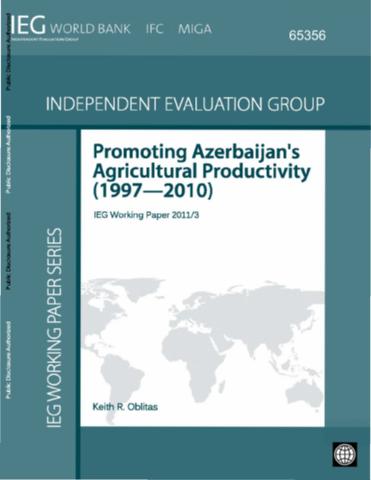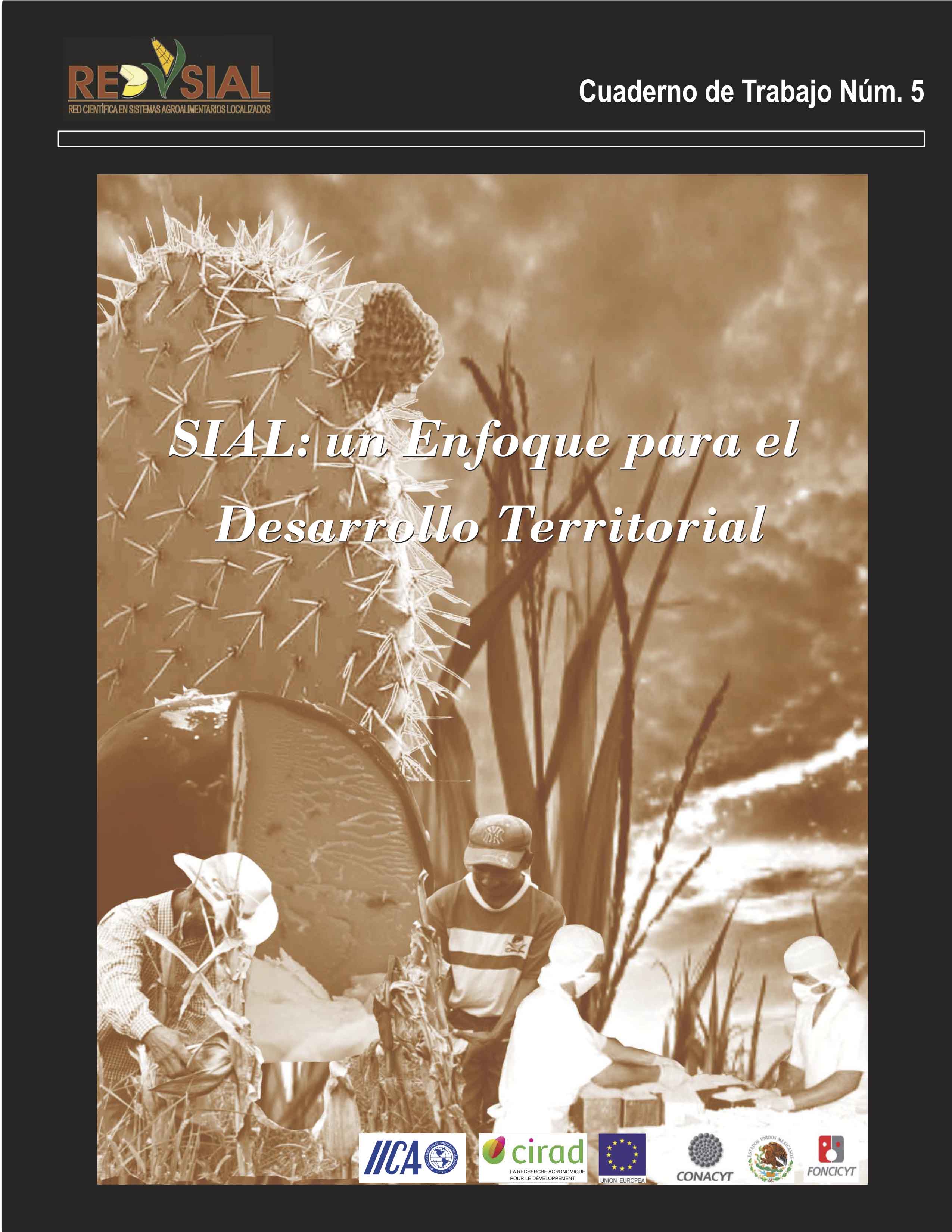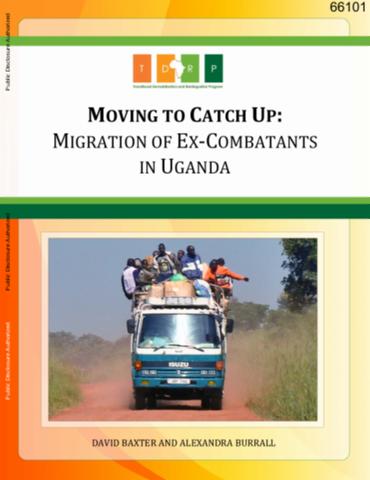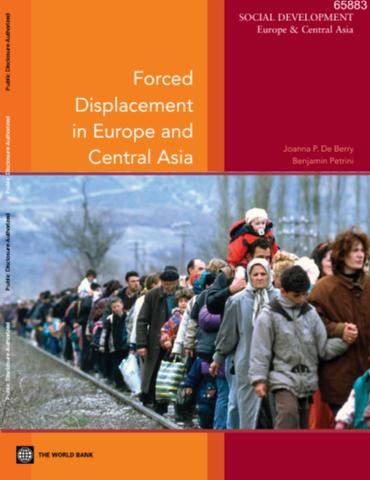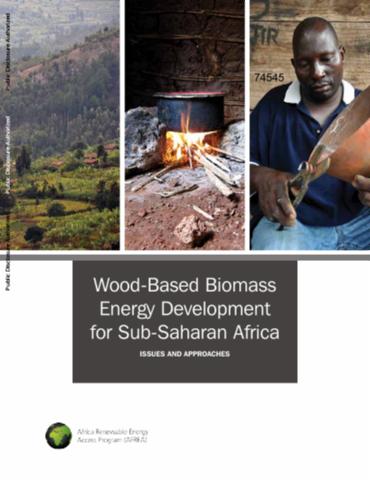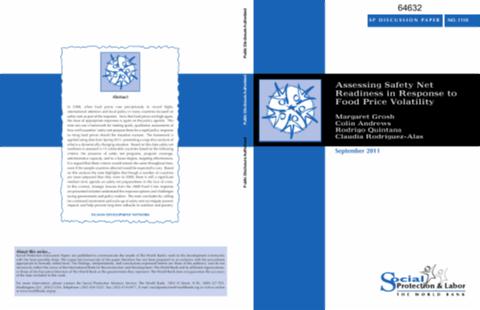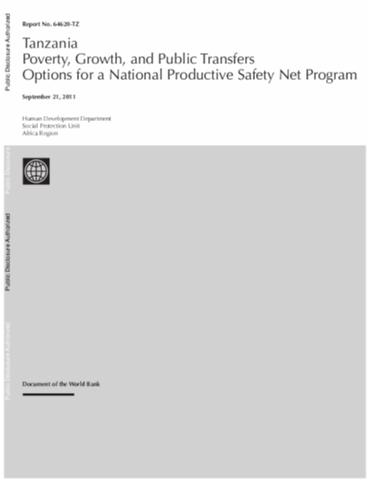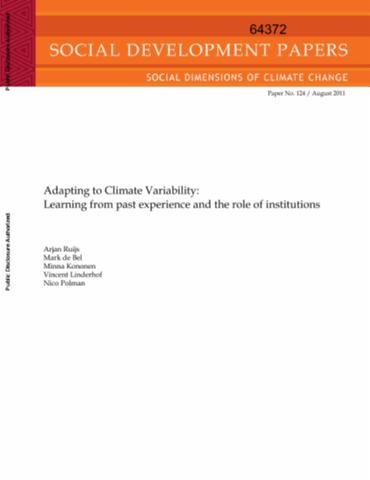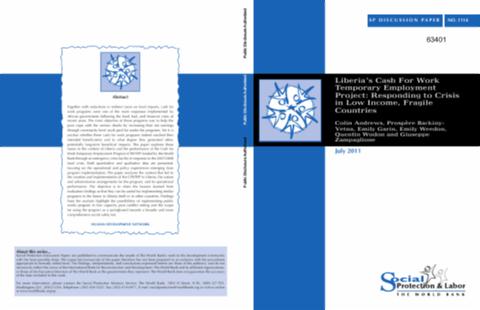Klimaatadaptatie in het landelijk gebied. Verkenning naar wegen voor een klimaatbestendig Nederland
Klimaatverandering werkt via hogere temperaturen, veranderingen in neerslagpatronen, veranderingen in frequentie en intensiteit van weersextremen en zeespiegelstijging door op het functioneren van het landgebruik en het watersysteem in het landelijk gebied. De doorwerking van de hierboven genoemde klimaateffecten is complex en verschilt tussen gebieden en verschillende vormen van landgebruik. Klimaatverandering bedreigt sommige functies maar biedt ook nieuwe kansen. Om deze kansen te benutten en de bedreigingen het hoofd te bieden is klimaatadaptatie nodig.


